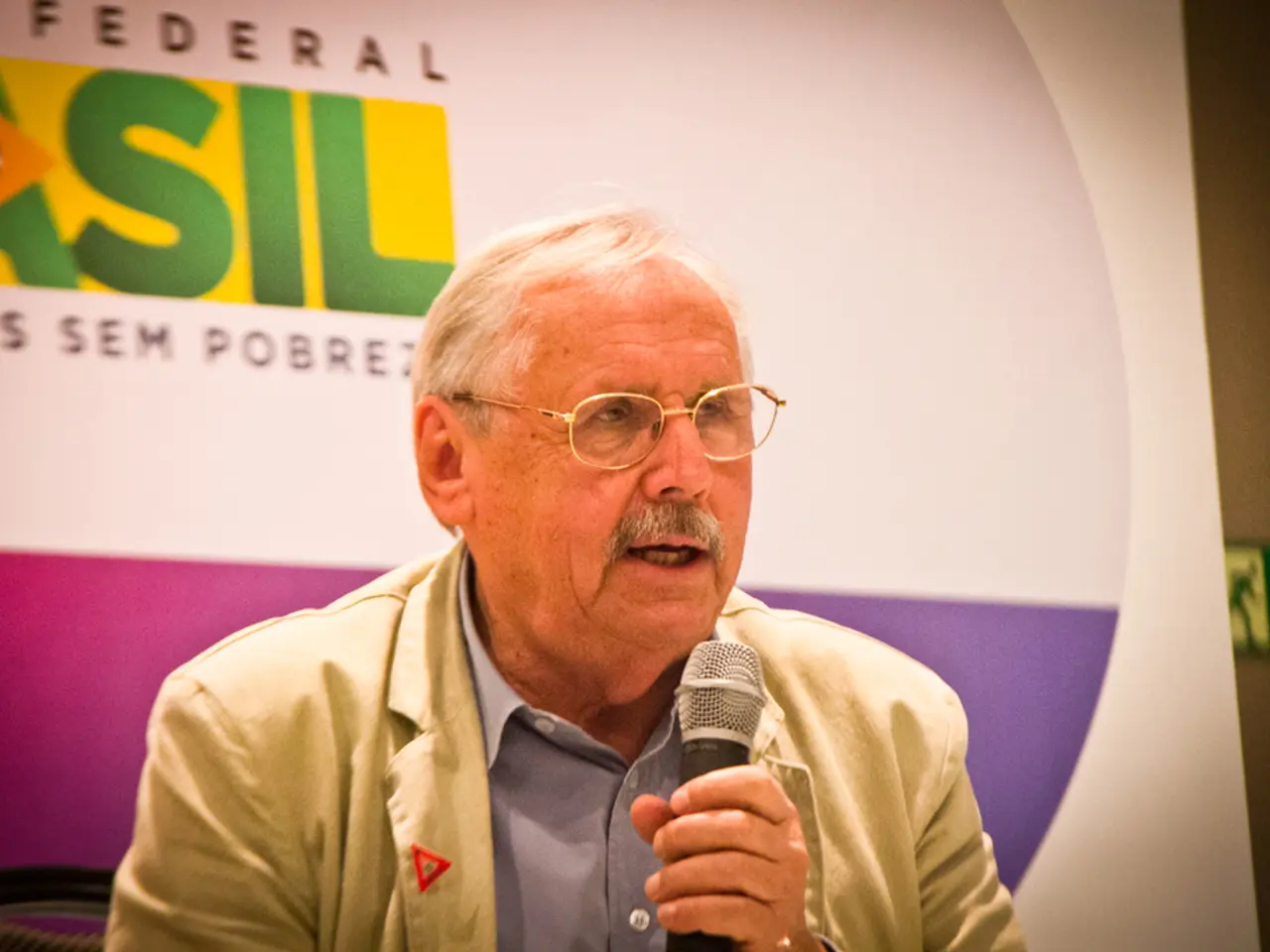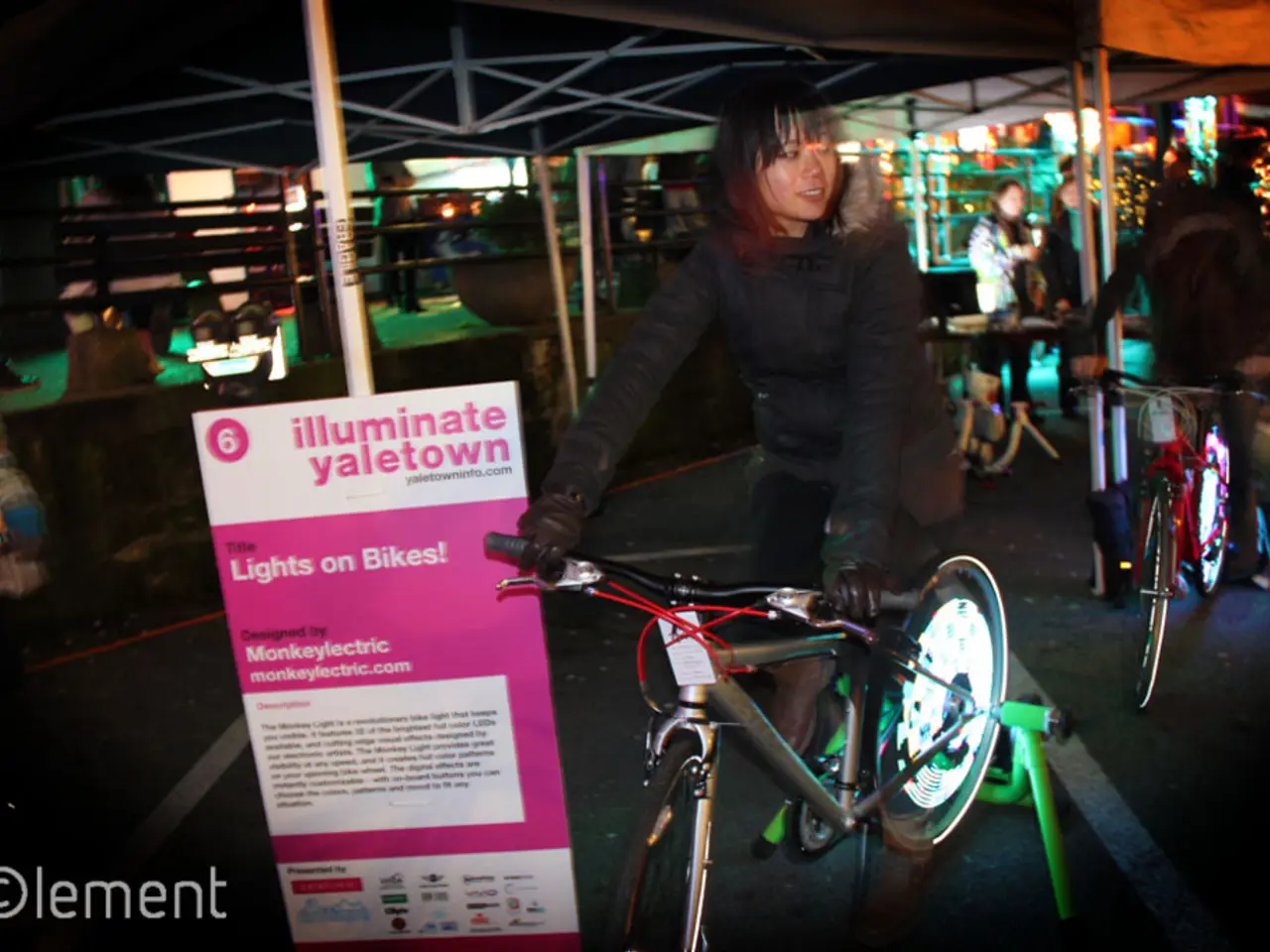New President in South Korea Reinstates Ministry of Gender Equality Following Yoon Suk Yeol's Rule
Steppin' Up for Equality: South Korea's Long Road to Gender and LGBTQ+ Rights
For the past year, the position of Minister of Gender Equality and Family has served as a bellwether for South Korea's stance on women's and LGBTQ+ rights, symbolizing the conservative-leaning policies of former President Yoon Suk Yeol. Meanwhile, deposed in April 2025 following a failed coup attempt, his successor, the progressive Lee Jae-myung, put an end to this prolonged vacancy by appointing Kang Sun-woo as the new minister.
The victor of the June 3 presidential election, President Lee also promised to reorganize the ministry to make it more inclusive, stating that "gender equality policy should go beyond women, to encompass a broader social equity." However, without explicitly committing to LGBTQ+ rights, a cautious approach was observed during his campaign to avoid alienating conservative supporters.
During the 2022 presidential campaign, the conservative Yoon Suk Yeol had vocalized his intention to abolish the ministry to woo a male-chauvinist electorate, primarily young men who felt slighted, claimed to be victims of women-friendly policies, and angrily protested about mandatory military service from which Korean women are exempt. Once elected, Mr. Yoon partially fulfilled his pledge, not reappointing the minister, Kim Hyun-sook, after her resignation in February 2024.
"Chasin' Equality in the Land of the Morning Calm"
In South Korea, where same-sex marriage remains outlawed, the appointment of Kang Sun-woo as the Minister of Gender Equality and Family has given mild hope to the LGBTQ+ community. The primary demand of advocacy groups is the adoption of an anti-discrimination law that safeguards LGBTQ+ rights. This contentious issue has been debated since 2007, with numerous attempts at legislation thwarted. In a significant victory, a South Korean appeals court recognized the right for a same-sex couple to receive health insurance coverage for their partner in February 2023. However, this step forward was followed by a tremendous mobilization of hundreds of thousands of members of Christian groups in Seoul.
According to Human Rights Watch[1], a comprehensive anti-discrimination law that protects various marginalized groups, including LGBTQ+ individuals, is critically important for addressing entrenched discrimination in society and bolstering democratic institutions. As of June 2025, South Korea still hasn't passed such a law, making it essential for the new government to prioritize this issue.
Although same-sex marriage remains illegal in South Korea, Asian neighbors like Taiwan and Thailand have made strides in this area, successfully enacting legislation that recognizes same-sex unions[2][3]. South Korea's LGBTQ+ activists emphasize the urgent need for laws that outlaw discrimination and promote marriage equality, but the nation is still grappling with conservative factions and traditional gender norms that often resist feminist and LGBTQ+ rights initiatives[1][5].
In conclusion, while South Korea has seen growing LGBTQ+ visibility and demands for legal protections, substantive legal rights such as anti-discrimination laws and marriage equality have yet to be achieved as of June 2025. As the world progresses, the question remains whether South Korea will follow suit and take significant steps to ensure true equality for all its citizens.
In the ongoing pursuit of equality in South Korea, the LGBTQ+ community awaits the implementation of an anti-discrimination law to safeguard their rights, a crucial step towards addressing pervasive discrimination in society and strengthening democratic institutions. The absence of such legislation in policy-and-legislation contributes to the slow progress towards social equity, with South Korea lagging behind its Asian neighbors like Taiwan and Thailand in acknowledging and protecting LGBTQ+ rights within politics.






